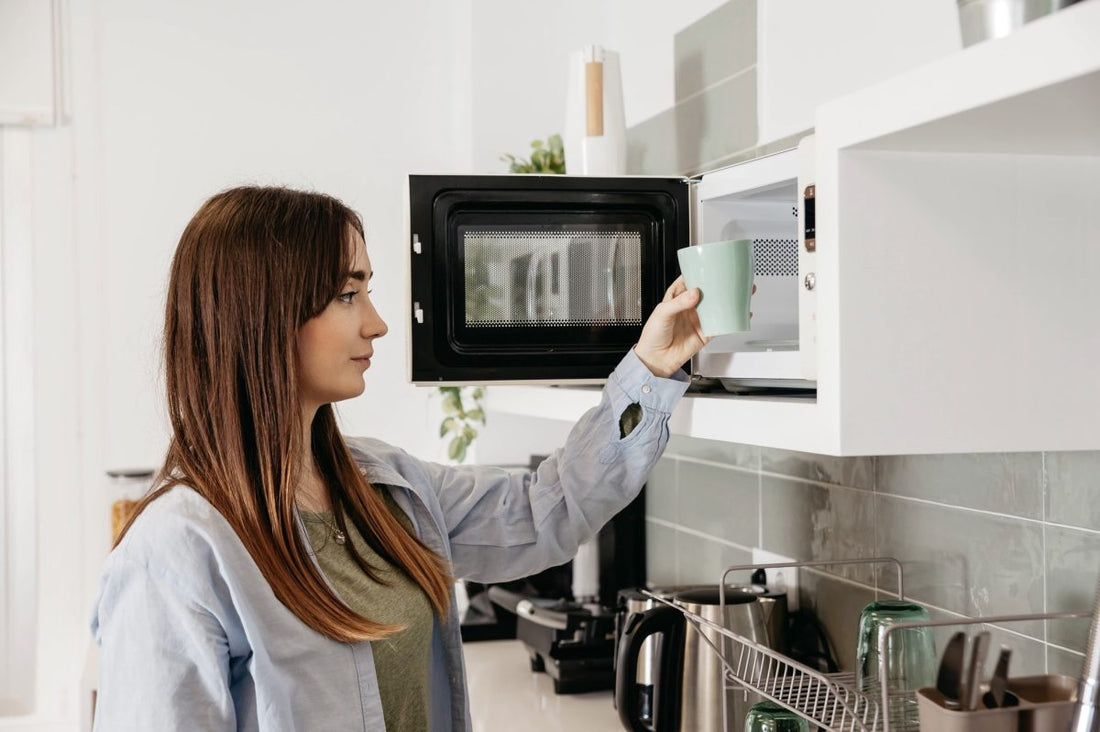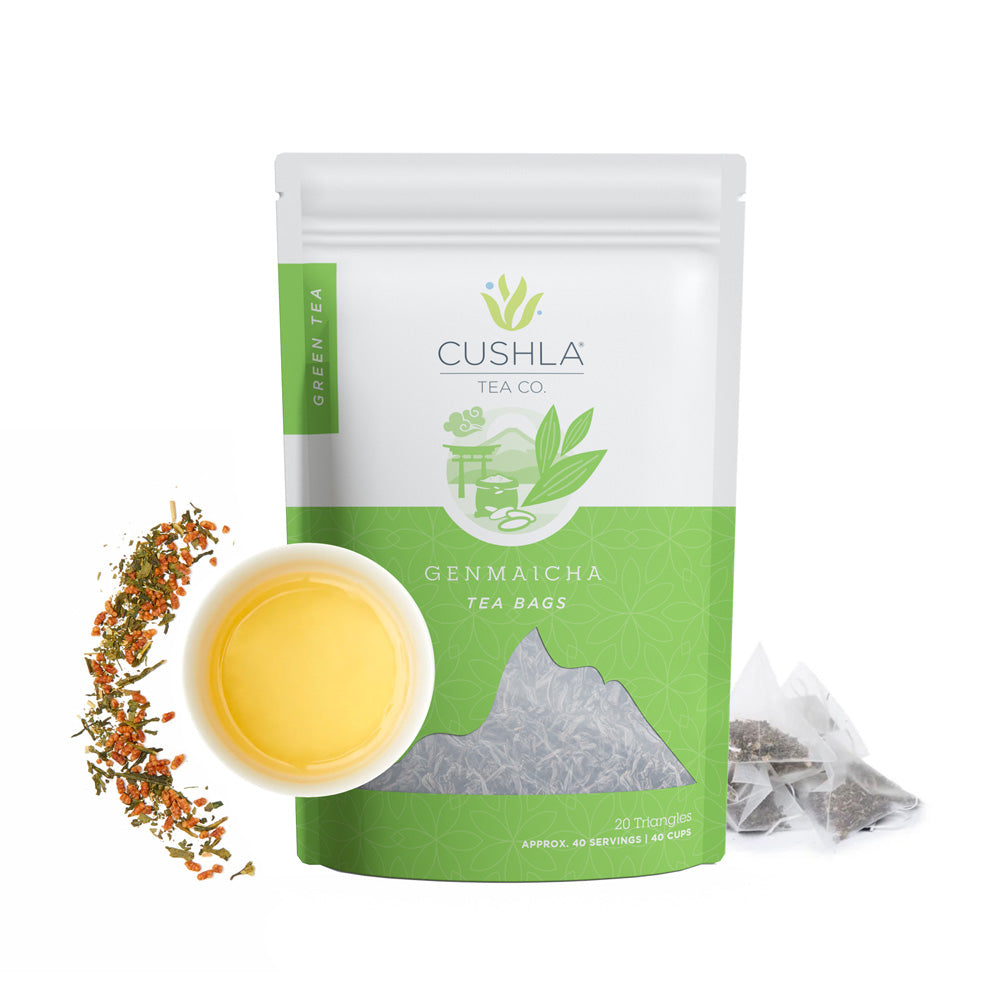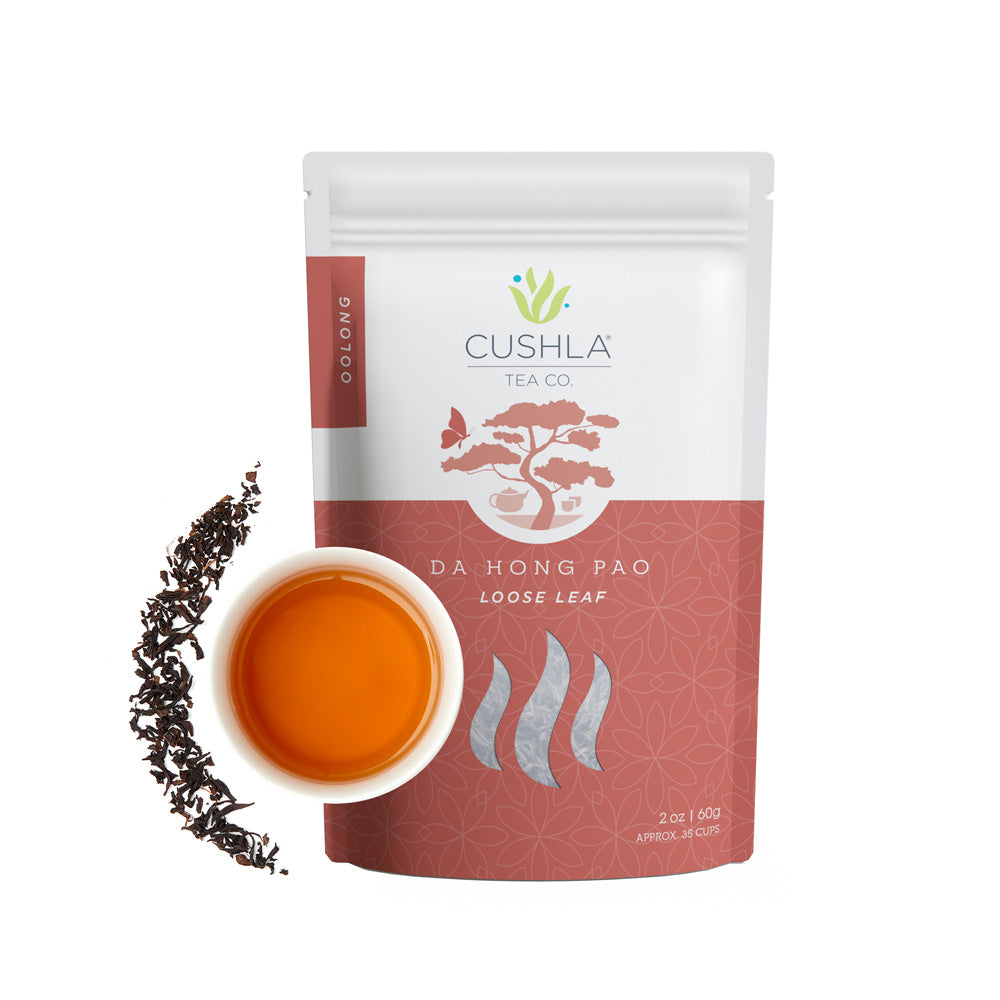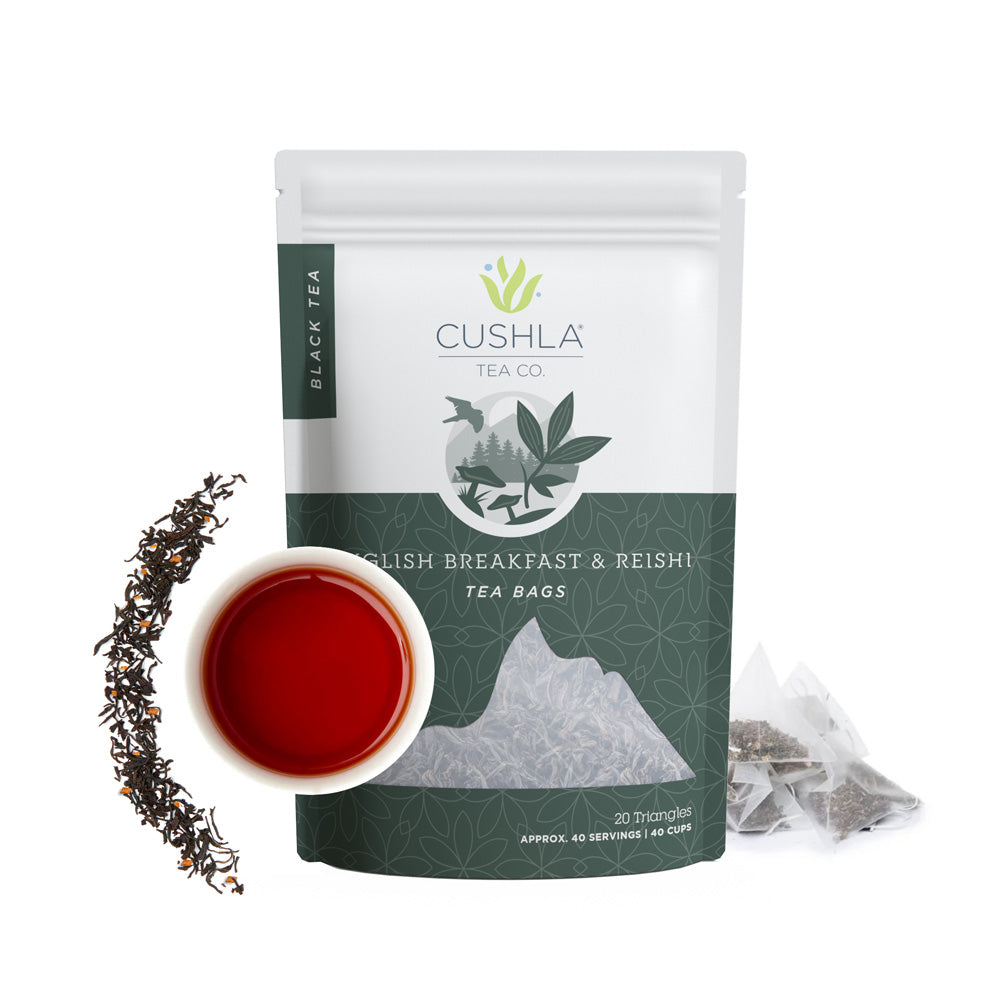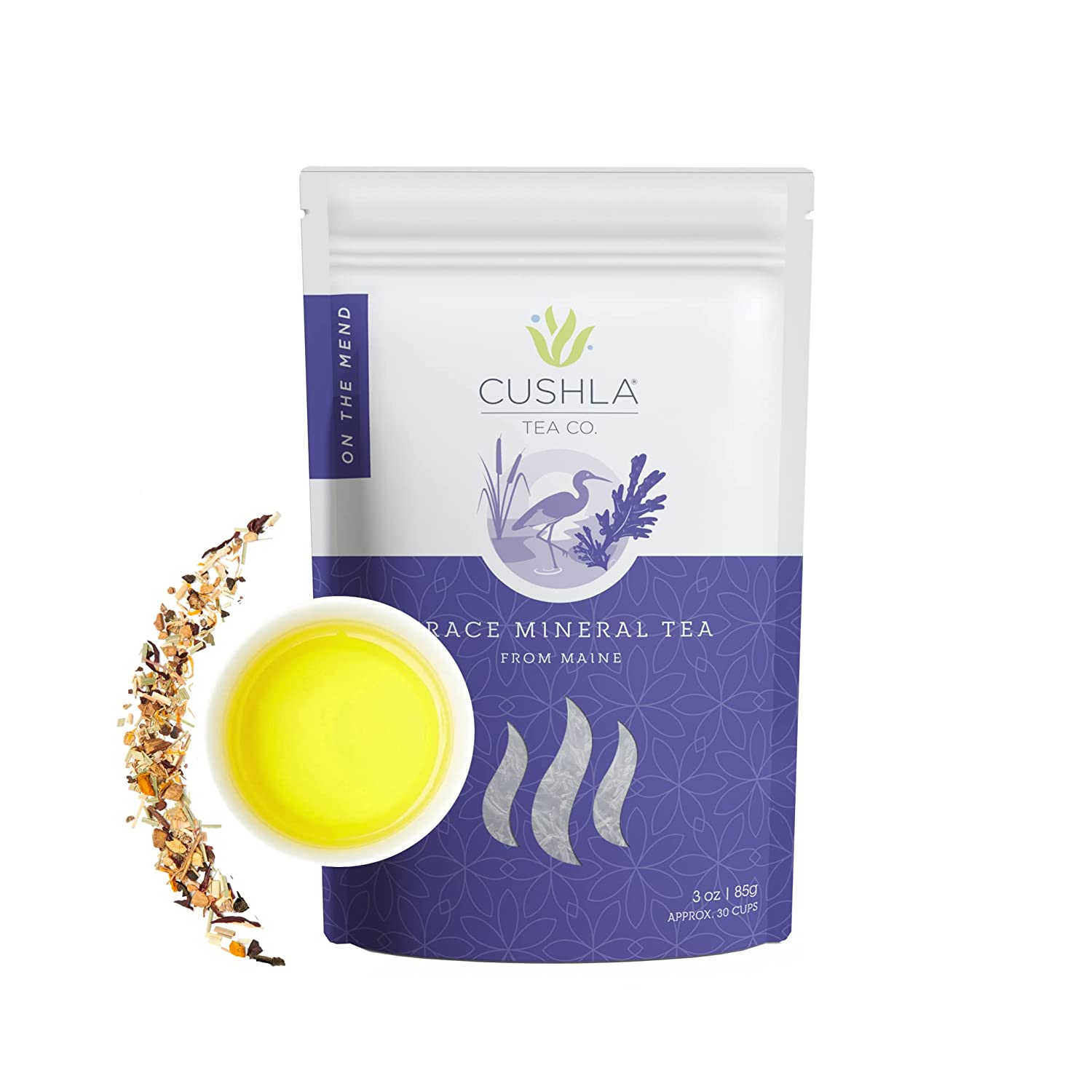When it comes to brewing tea or coffee, the quality of the water plays a significant role in the final taste and aroma of the beverage. While most people prefer to boil water on the stove, many are turning to the convenience of microwave water for tea and coffee. But is there a difference between boiled water and microwaved water, and how does it impact the taste and quality of your tea or coffee?
First, it’s important to understand that water is a polar molecule, which means that it has a positive and negative end. When water is heated, the molecules start to move faster and collide with each other, causing them to lose their polarity. This can change the taste and aroma of the water, which can affect the taste and aroma of your tea or coffee.
Products to Improve Water Quality for Better Tea & Coffee
-
Water Filter Pitchers (e.g., Brita, PUR)
- Countertop Reverse Osmosis Units
- Faucet-Mounted Filters
- Distilled Water Jugs (for those in hard water areas)
-
BPA-Free Glass or Stainless Steel Kettles
- Water Testing Kits (to check for chlorine, hardness, pH, etc.)
Boiling water on the stove is a slow process, which allows the water to reach a consistent temperature throughout. This is important for brewing tea and coffee, as different types of tea and coffee require different temperatures to release their full flavor and aroma. For example, green teas should be brewed with water that is between 160-170°F (71-77°C) and steeped for only 1-3 minutes, while black teas should be cursed with water that is between 190-209°F (88-98°C) and steeped for 3-5 minutes.
On the other hand, microwave water for tea can be unpredictable and inconsistent. The microwave heats water unevenly, which can cause some areas to be overheated while others remain under-heated. This can result in a tea or coffee that has an inconsistent taste and aroma. Additionally, microwaved water can also cause the loss of essential oils and volatile compounds that contribute to the flavor and aroma of the tea or coffee.
Another issue with microwave water for tea is that it can cause the water to become superheated. This means that the water can reach temperatures above boiling point without forming bubbles. When this happens, the water can boil violently when a tea bag or coffee grounds are added, which can cause burns or spills.
Furthermore, microwaving water in a plastic container can also be harmful to your health. Plastics contain chemical compounds called Bisphenol A (BPA) and phthalates, which can leach into your water when exposed to heat. These chemicals can disrupt hormone levels and have been linked to a host of health issues.
To sum it up, while microwave water for tea and coffee may seem like a convenient option, it can impact the taste and quality of your beverage. Boiling water on the stove is a slower process, but it allows the water to reach a consistent temperature throughout, which is important for brewing tea and coffee. Additionally, boiling water on the stove is safer and better for your health as it eliminates the risk of superheating, spills, and exposure to harmful chemicals. It is recommended to stick with traditional methods of boiling water for tea and coffee, to ensure that you are getting the most out of your beverage.

